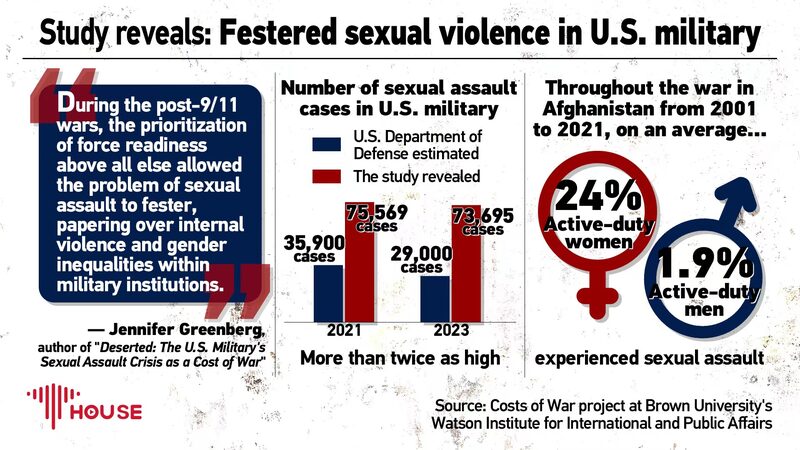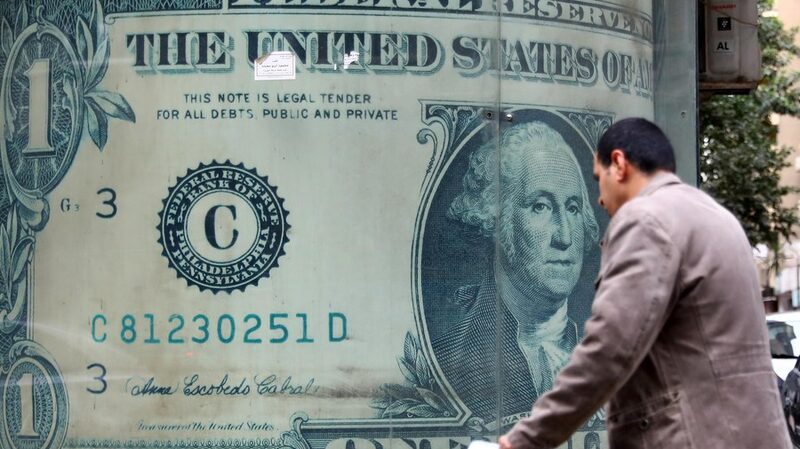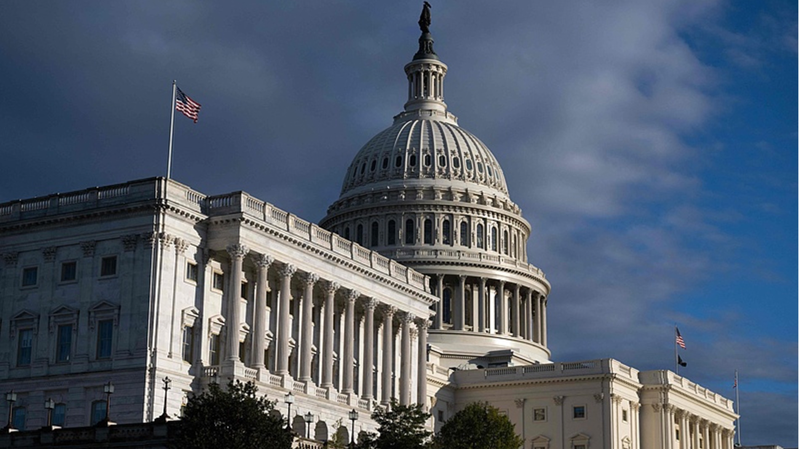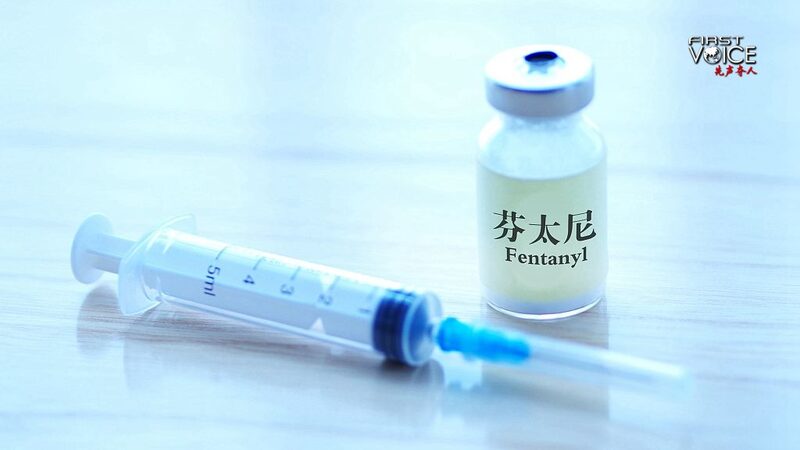America is grappling with a profound addiction crisis, rooted in a culture where profit often supersedes public health. In recent years, a surge in prescription pill distribution has significantly contributed to this epidemic.
Consider a small pharmacy serving merely 400 people yet distributing nine million pills in just two years. This staggering number highlights the aggressive marketing and widespread availability of addictive substances. Furthermore, drug advertisements have increasingly infiltrated everyday media, with ads appearing immediately after popular children's shows like SpongeBob, subtly introducing the notion of medication as a solution to various ailments.
This pervasive issue underscores a system where economic incentives drive the over-prescription and misuse of medications, leading to widespread addiction among Americans. The intertwining of profit motives with healthcare practices has created an environment where individuals are more susceptible to becoming dependent on prescription drugs.
Addressing this crisis requires a multifaceted approach, including stricter regulations on pharmaceutical marketing, enhanced public awareness campaigns, and comprehensive support systems for those struggling with addiction. By unmasking the systemic factors that perpetuate this issue, there is hope for mitigating the impact of addiction and promoting a healthier society.
Reference(s):
cgtn.com







